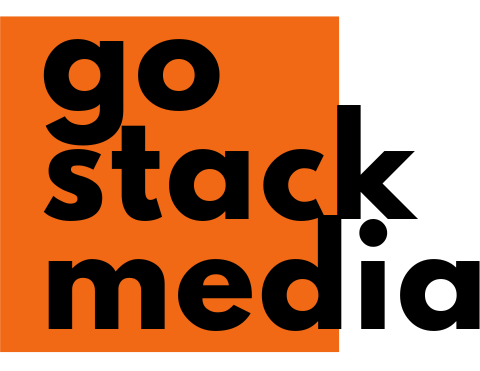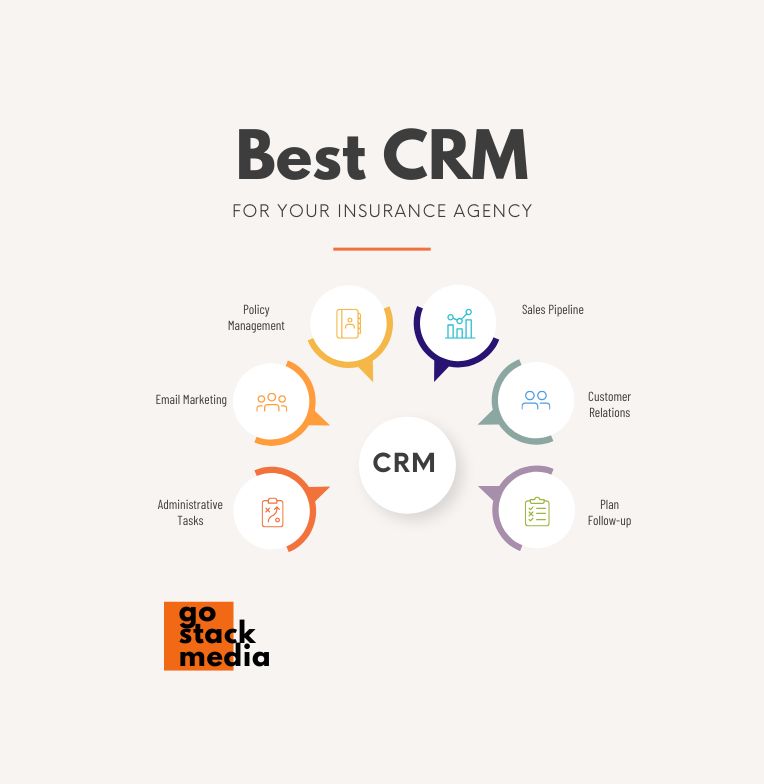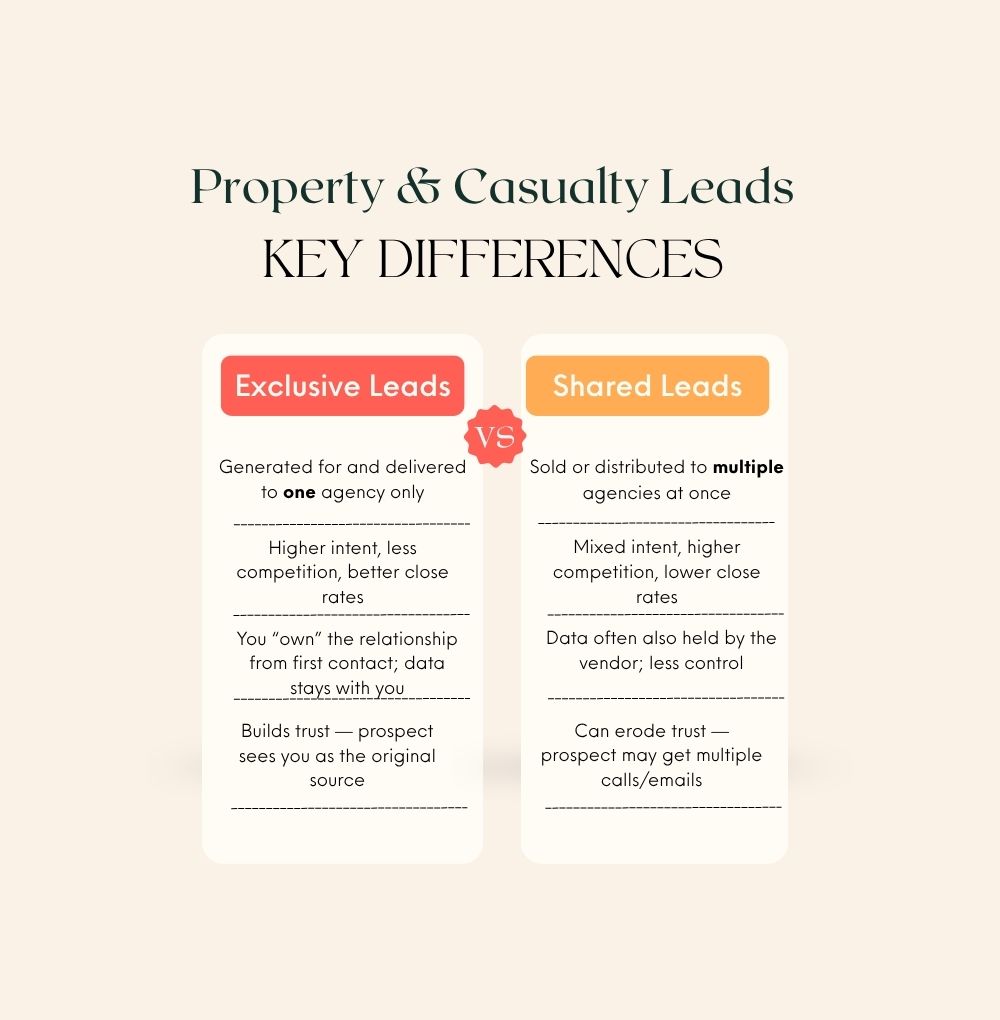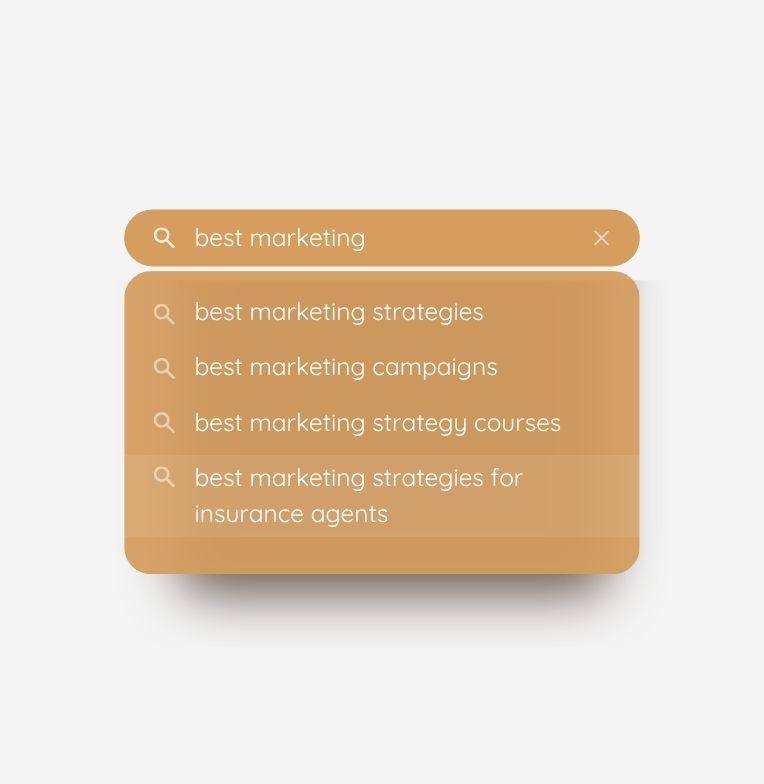Table of Contents
You’ve kicked off your SEO initiative (if you missed Part 1 you can check that out here), and now you might be wondering: “Can we just set it and forget it?”
The idea of setting up SEO, walking away, and watching the magic happen sounds tempting—but that’s not quite how it works.
In keeping with the gardening metaphor, SEO is like maintaining a garden: you don’t just plant flowers and walk away. It takes ongoing care to keep it blooming!
In this training lesson, we’ll talk about why SEO is a long-term strategy and how you can nurture your efforts for sustainable results for your insurance agency.
1. Why SEO Is a Marathon, Not a Sprint
SEO is a long game. Think of it like trying to get into shape—you can’t work out once and expect lifelong results. It requires consistency over time to get and stay at the top of search rankings.
Search engines like Google are constantly evolving their algorithms, so the content that’s optimized today might not be as effective a year from now.
Example: Let’s say your blog post on “Best Home Insurance in Greensboro NC” is ranking well today. As more agencies write about that topic, your ranking can drop. Regular updates ensure your content stays relevant and authoritative.
Don’t worry! It doesn’t take much to make your updates. Most of the effort is upfront.
2. Regular Updates Keep You Competitive
Search engines value fresh and relevant content. Websites that stay up-to-date and regularly improve their pages are rewarded with higher rankings.
So, while it’s great to optimize your blog post or page once, the real secret is in revisiting and refreshing it periodically.
For example:
- Update old blog posts with new data, examples, and keywords.
- Review your keywords to ensure they’re still relevant.
- Monitor your site speed and user experience to stay competitive.
Pro Tip: Set a schedule to audit and refresh your top-performing pages every 6-12 months to ensure they’re staying competitive in search results.
3. Search Trends Change—And So Should You
Search intent and trends change over time. What your audience searches for today may not be what they’re searching for tomorrow. It’s important to keep an eye on search trends and adjust your strategy accordingly.
This is especially true in industries like insurance, where regulations, policy options, and consumer needs can shift.
For instance, during hurricane season, you might notice an increase in searches for “hurricane insurance.” If you have relevant content, you’ll want to update it to target these trending keywords and capture that seasonal traffic.
4. Your Competitors Don’t Sleep On Their SEO
One thing’s for sure: your competitors won’t stop optimizing their sites! If your content stays stagnant, competitors can leapfrog over you in search results by consistently improving their own SEO strategies.
Regularly monitoring your competitors’ content and keywords ensures you stay ahead of the game.
Pro Tip: Do quarterly competitive analysis using tools like Keysearch to see where competitors are outranking you, and adjust your strategy to keep your content strong.
5. Algorithms Are Constantly Changing
Search engine algorithms are updated hundreds of times a year, and sometimes those updates are significant enough to impact your rankings. You don’t have to obsess over every update, but it’s smart to keep an ear to the ground for major changes.
When an algorithm update happens, see how it impacts your rankings and adjust as necessary. Google usually rewards high-quality, well-structured content that answers the searcher’s intent, so staying on top of best practices will help you weather most updates.
Action Step: Follow reputable SEO blogs (like Moz) to stay informed about major algorithm updates and what they mean for your agency.
6. SEO Maintenance: How to Stay on Top
Now that we’ve covered why SEO isn’t set-it and forget-it, here are a few simple ways to maintain your SEO strategy:
- Audit Your Content: Regularly check for outdated information and refresh it. This includes blog posts, service pages, and even meta descriptions.
- Update Your Keywords: Are the keywords you’re targeting still relevant? Do new keywords need to be added? Keep an eye on keyword performance and adjust as needed. Be careful not to remove a relevant keyword that you’re ranking for.
- Check for Broken Links: Ensure all internal and external links are working correctly. Search engines don’t like broken links, and they’re frustrating for users.
- Monitor Competitors: Keep an eye on your competitors’ content strategy. If they’re producing high-quality content regularly, it’s time to step up your game.
- Review Analytics: Use Google Analytics or other SEO tools to monitor your performance. If rankings drop, dig into why and make adjustments.
Key Takeaway: SEO Requires Ongoing Attention
At the end of the day, SEO is like any other part of your marketing strategy—it requires regular maintenance and attention.
While it’s tempting to treat it as a one-time task, the agencies that invest time into continuously optimizing their SEO will reap the long-term rewards.
Next Steps: Start Small
- Set up a recurring SEO audit every quarter.
- Track your keyword performance and adjust as needed.
- Keep an eye on competitors to stay ahead.
Don’t let SEO fall by the wayside after the initial setup. A little regular care can go a long way in keeping your agency at the top of the search results, bringing in those valuable leads!
That’s it for Part 2 of your SEO mini-course! Next week, we’ll dive into the Basics of On-Page SEO and explore how to optimize your blog posts and pages to rank even higher in search engines.




